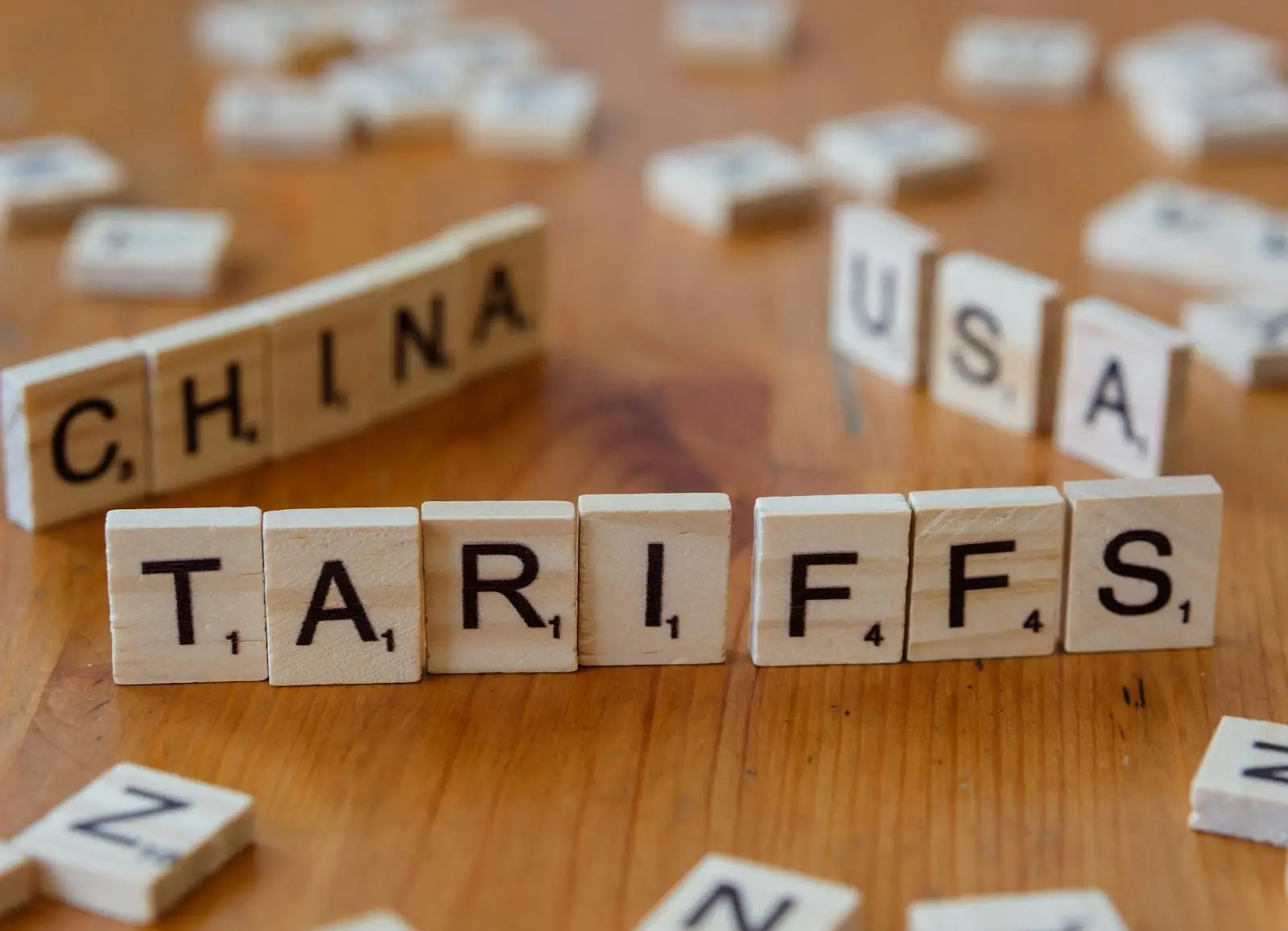Australia’s South West Sustainable Tourism Observatory has officially become the latest member of the World Tourism Organization’s International Network of Sustainable Tourism Observatories (INSTO). The Observatory will work to monitor tourism in the south-west region of Australia and help guide its sustainable development.
The Australia’s South West Sustainable Tourism Observatory (ASWTO) is the first of its kind in the country and will be hosted by the Tourism Research Cluster of Curtin University supporting the formulation and implementation of sustainable tourism policies, strategies, and management processes through continuous and systematic monitoring of sustainability indicators.
Welcoming the announcement, Zurab Pololikashvili, Secretary-General of the World Tourism Organization (UNWTO) said: “Sustainable Tourism Observatories play a key role in helping destinations monitor tourist arrivals and then manage them in the most efficient and sustainable way possible. We are delighted to welcome the first Australian observatory into our growing global network and I am confident we will be able to work together to advance responsible, sustainable tourism across the South-West region of Australia.”
Western Australian Minister for Tourism Paul Papalia added: “WA’s South West region is one of WA’s most popular tourism destinations – one that holds a special place in the heart of all West Australians. This destination is renowned for its spectacular coastline, stunning forests and world-class food and wine. Preserving the South West region’s natural beauty while also supporting sustainable tourism development is of the utmost importance to the State Government.”
More about the INSTO Network
The UNWTO International Network of Sustainable Tourism Observatories (INSTO) was originally created in 2004. Through the application of technology and the therefore improved data landscape that is key for policymaking in tourism, INSTO members strengthen not only local decision-making capacities and sustainable on the ground but play a key role in contributing to global commitments such as the Sustainable Development Goals (SDGs) with relevant evidence.













